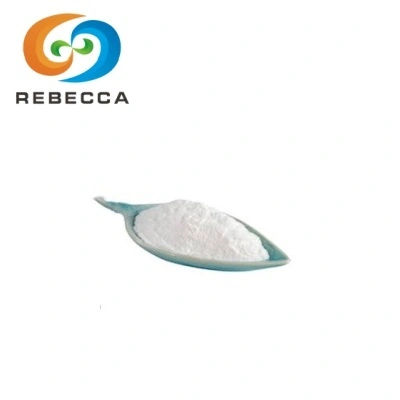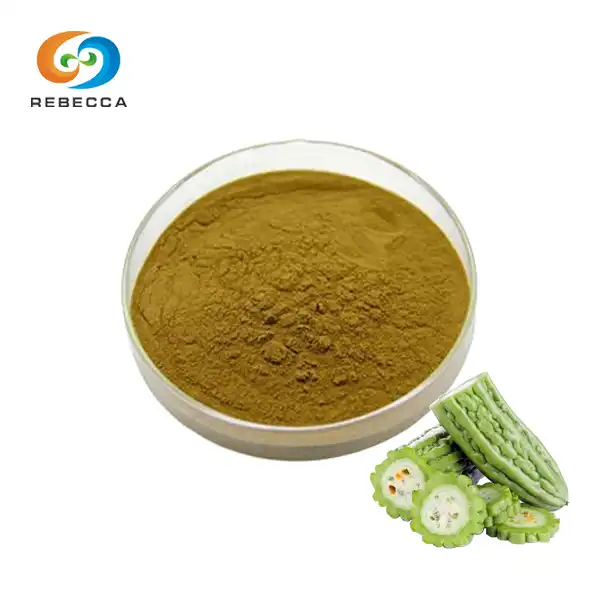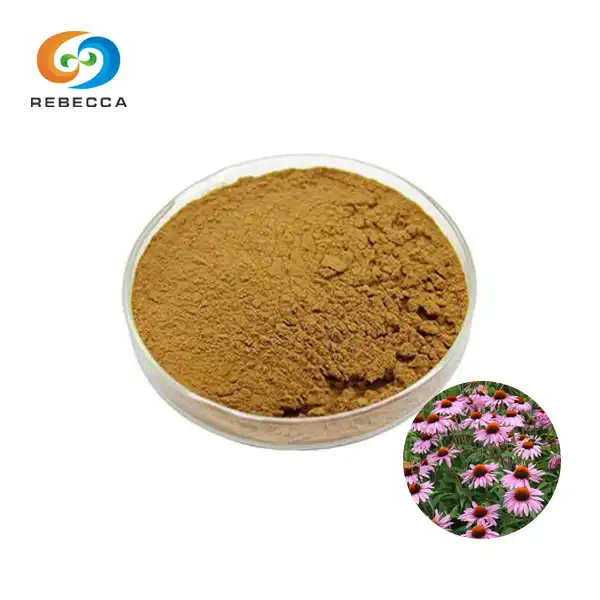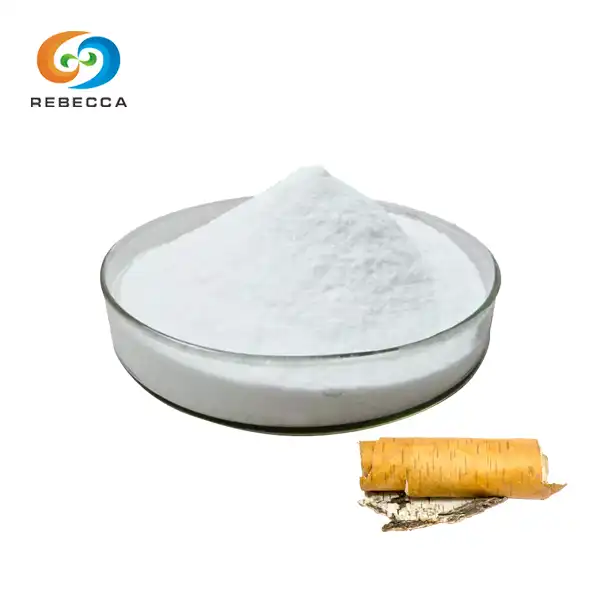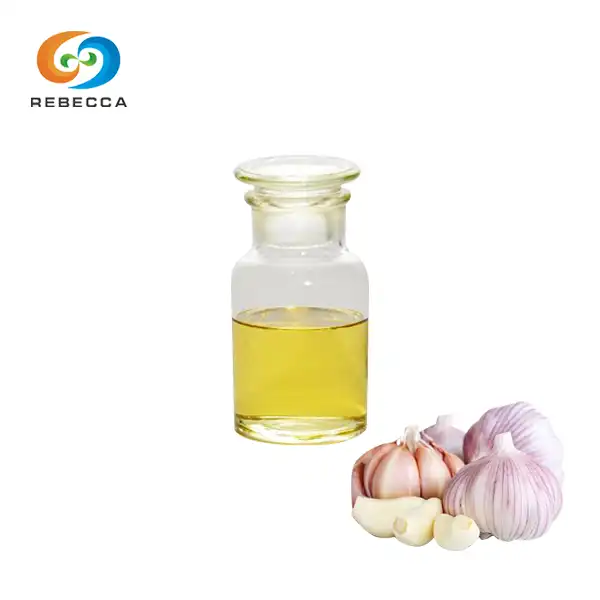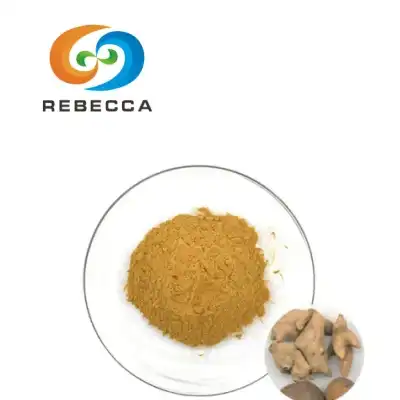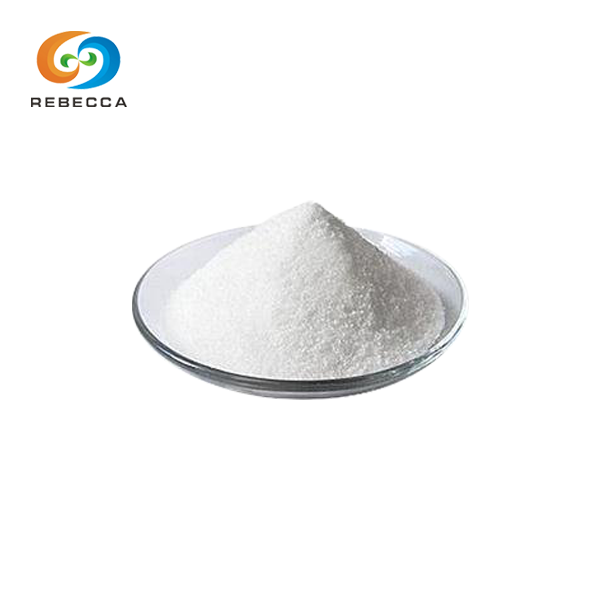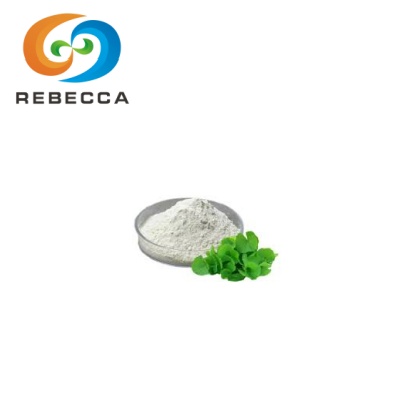Is turmeric extract the same as turmeric?
Turmeric extract and whole turmeric are not the same, despite both originating from the Curcuma longa plant. The key difference lies in their curcumin content. Curcumin powder, derived from turmeric extract, contains a much higher concentration of curcuminoids - the active compounds responsible for turmeric's health benefits. While whole turmeric typically contains 2-5% curcumin, turmeric extract can have up to 95% curcuminoids. This concentration difference significantly impacts potency and potential therapeutic effects, making turmeric extract a popular choice for supplement manufacturers and health-conscious consumers seeking maximum curcumin intake.
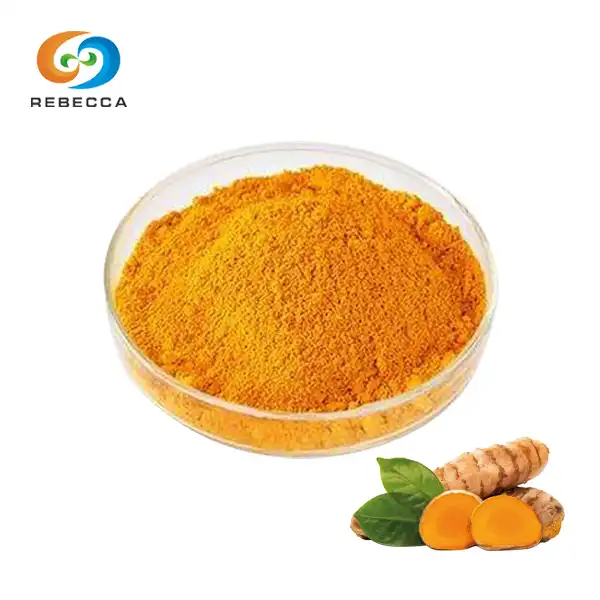
Product name: Curcumin
Latin Name: Curcuma longa L.
CAS No.: 458-37-7
Molecular Formula: C21H20O6
Active ingredients: Curcumin, demethoxycurcumin, bisdemethoxycurcumin.
Specification: Curcuminoids 10%~ 95%
Use Part : Subterranean rhizome
Appearance: Orange yellow powder
Mesh size:80 Mesh
Test Method: HPLC
Concentration Matters: Curcumin Levels in Extract vs. Whole Turmeric
Curcumin content: Extract vs. whole turmeric powder
The curcumin content in turmeric extract and whole turmeric powder varies significantly. Whole turmeric powder, derived from the dried and ground rhizome of the Curcuma longa plant, typically contains 2-5% curcumin by weight. In contrast, turmeric extract, particularly curcumin powder, can contain up to 95% curcuminoids, with curcumin being the primary compound.
This substantial difference in concentration is achieved through various extraction and purification processes. These methods isolate and concentrate the curcuminoids, resulting in a potent extract that can be standardized to specific curcumin levels. For instance, a high-quality curcumin powder might be standardized to 95% curcuminoids, ensuring consistent potency across batches.
Bioavailability of curcumin in different forms
Bioavailability - the extent to which a substance is absorbed and utilized by the body - is a crucial factor when comparing turmeric extract and whole turmeric. Curcumin, in its natural form, has low bioavailability due to poor absorption, rapid metabolism, and quick elimination from the body.
However, various techniques have been developed to enhance curcumin's bioavailability. These include combining curcumin with piperine (a compound found in black pepper), using liposomal delivery systems, or creating nanoparticle formulations. These methods can significantly increase the absorption and effectiveness of curcumin, particularly in extract form.
Potency comparison: Extract vs. whole spice
When it comes to potency, turmeric extract, especially in the form of curcumin powder, outperforms whole turmeric spice. The concentrated nature of the extract means that a smaller amount can deliver a higher dose of curcuminoids compared to the whole spice.
For example, to obtain 1000mg of curcumin from whole turmeric powder (assuming a 3% curcumin content), one would need to consume approximately 33 grams of the spice. In contrast, the same amount of curcumin could be obtained from just over 1 gram of a 95% standardized curcumin powder. This significant difference in potency makes turmeric extract a more practical option for those seeking therapeutic doses of curcumin.
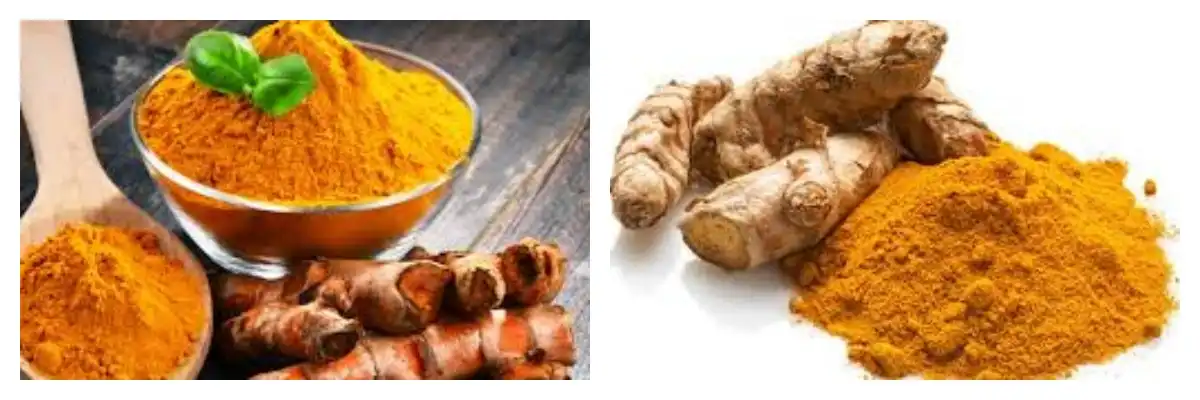
Synergistic Effects: Whole Turmeric's Additional Compounds
Beyond curcumin: Other beneficial compounds in turmeric
While curcumin is the star player in turmeric, the whole spice contains a complex array of beneficial compounds. These include other curcuminoids like demethoxycurcumin and bisdemethoxycurcumin, as well as volatile oils, polysaccharides, and various minerals.
Turmerones, a group of aromatic compounds found in turmeric's essential oil, have shown promising anti-inflammatory and neuroprotective properties. Additionally, turmeric contains polysaccharides that may support gut health and immune function. These diverse compounds contribute to turmeric's overall health benefits and may work synergistically with curcumin.
Entourage effect: How compounds work together
The entourage effect, a concept well-known in herbal medicine, suggests that the combined action of multiple compounds in a plant can be more effective than isolated components. In the case of turmeric, this means that the various compounds present in the whole spice may work together to enhance overall efficacy.
For instance, turmerones may improve the bioavailability of curcumin by enhancing its absorption in the gut. The presence of other curcuminoids alongside curcumin may also contribute to a broader range of biological activities. This synergistic interaction among turmeric's compounds highlights the potential benefits of using the whole spice in addition to isolated extracts.
Whole turmeric vs. isolated curcumin for health benefits
The choice between whole turmeric and isolated curcumin depends on the specific health goals and applications. Isolated curcumin, often in the form of curcumin powder, offers a high-dose, concentrated source of curcuminoids. This makes it particularly suitable for targeted therapeutic applications where a standardized, potent dose is required.
Whole turmeric, on the other hand, provides a more holistic approach. Its diverse array of compounds may offer a broader spectrum of health benefits, potentially supporting overall wellness in ways that isolated curcumin cannot. The natural matrix of whole turmeric may also enhance the absorption and utilization of curcumin in the body.
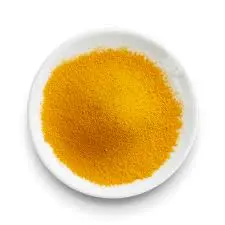
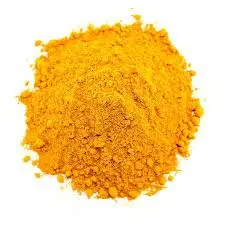
Choose Wisely: When to Use Extract or Whole Turmeric
Therapeutic uses: When to opt for curcumin extract
Curcumin extract, particularly in the form of high-purity curcumin powder, is often the preferred choice for therapeutic applications. Its concentrated nature allows for precise dosing and potent effects, making it suitable for addressing specific health concerns.
For instance, in joint health supplements, standardized curcumin extracts have shown promise in supporting mobility and comfort. The high bioavailability of certain curcumin formulations ensures that a therapeutic dose reaches the target tissues. Similarly, in the realm of antioxidant support, concentrated curcumin extracts can deliver a powerful punch of free-radical scavenging activity.
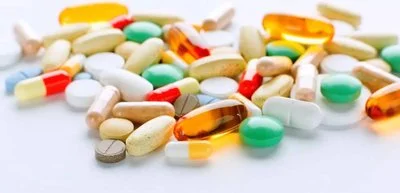
Culinary applications: Whole turmeric's flavor profile
In culinary applications, whole turmeric reigns supreme. The spice's complex flavor profile, with its warm, earthy notes and subtle bitterness, adds depth and character to a wide range of dishes. From traditional curries to modern turmeric lattes, the whole spice contributes not only flavor but also vibrant color to culinary creations.
Moreover, the use of whole turmeric in cooking allows for the natural synergy of its compounds to shine. The presence of essential oils and other phytochemicals contributes to the overall sensory experience and potential health benefits of turmeric-infused dishes.
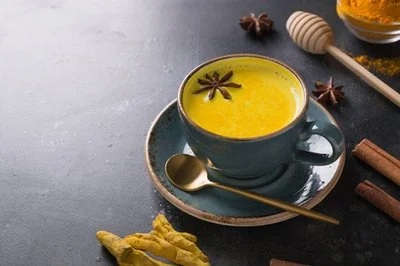
Supplement forms: Capsules, powders, and tinctures compared
Turmeric and curcumin supplements come in various forms, each with its own advantages. Capsules offer convenience and precise dosing, making them popular for daily supplementation. They can contain either whole turmeric powder or concentrated curcumin extract, often with added ingredients to enhance absorption.
Powders, including high-purity curcumin powder, provide versatility. They can be added to smoothies, mixed into foods, or used in DIY skincare preparations. Tinctures, liquid extracts of turmeric, offer rapid absorption and are easily incorporated into beverages or taken directly.
The choice of supplement form depends on individual preferences, desired potency, and specific health goals. For those seeking maximum curcumin intake, standardized extract powders or capsules may be most suitable. For a more holistic approach, whole turmeric supplements or culinary use of the spice might be preferred.
While turmeric extract and whole turmeric share the same origin, they differ significantly in composition and application. Turmeric extract, particularly curcumin powder, offers a concentrated dose of curcuminoids, making it ideal for targeted therapeutic use. Whole turmeric provides a broader spectrum of compounds, potentially offering synergistic benefits. The choice between extract and whole turmeric depends on specific needs - whether it's precise dosing for health support or the rich, complex flavor in culinary applications. Both forms have their place in promoting wellness, and understanding their differences allows for informed choices in supplementation and dietary practices.
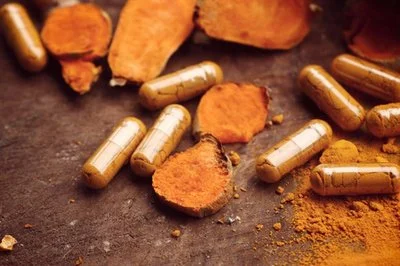
Pure Curcumin Powder Supplier
Shaanxi Rebeccia is a leading manufacturer of high-quality curcumin powder, adhering to the strictest international standards. Our state-of-the-art production facility employs advanced extraction, separation, and purification techniques to ensure premium product quality. We maintain rigorous quality control throughout the entire production process, from raw material selection to final product delivery. Our product specifications include active ingredients such as curcumin, demethoxycurcumin, and bisdemethoxycurcumin, with curcuminoid concentrations ranging from 10% to 95%. We offer various mesh sizes to suit different applications. For inquiries about our pure turmeric extracts, contact us at information@sxrebecca.com.
References
- Journal of Medicinal Food: "Curcumin: A Review of Its Effects on Human Health"
- Foods: "Curcumin: A Review of Its' Effects on Human Health"
- Nutrition Journal: "Curcumin: A Review of Its' Effects on Human Health"
- Phytotherapy Research: "Efficacy of Turmeric Extracts and Curcumin for Alleviating the Symptoms of Joint Arthritis"
- Molecules: "The Role of Curcumin in the Modulation of Ageing"
- Frontiers in Pharmacology: "Curcumin: A Review of Its' Effects on Human Health"
